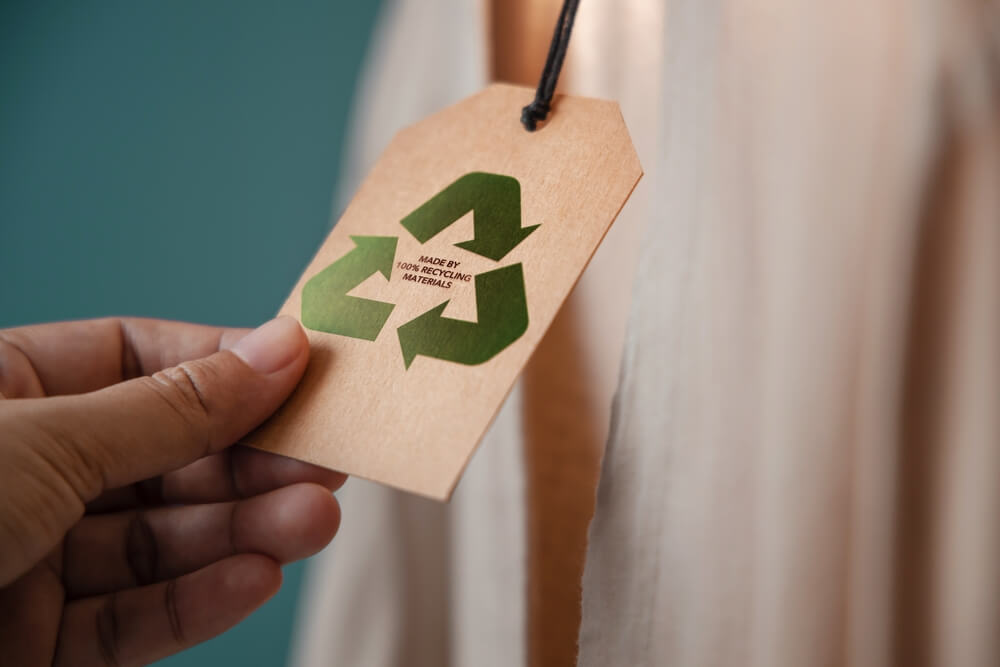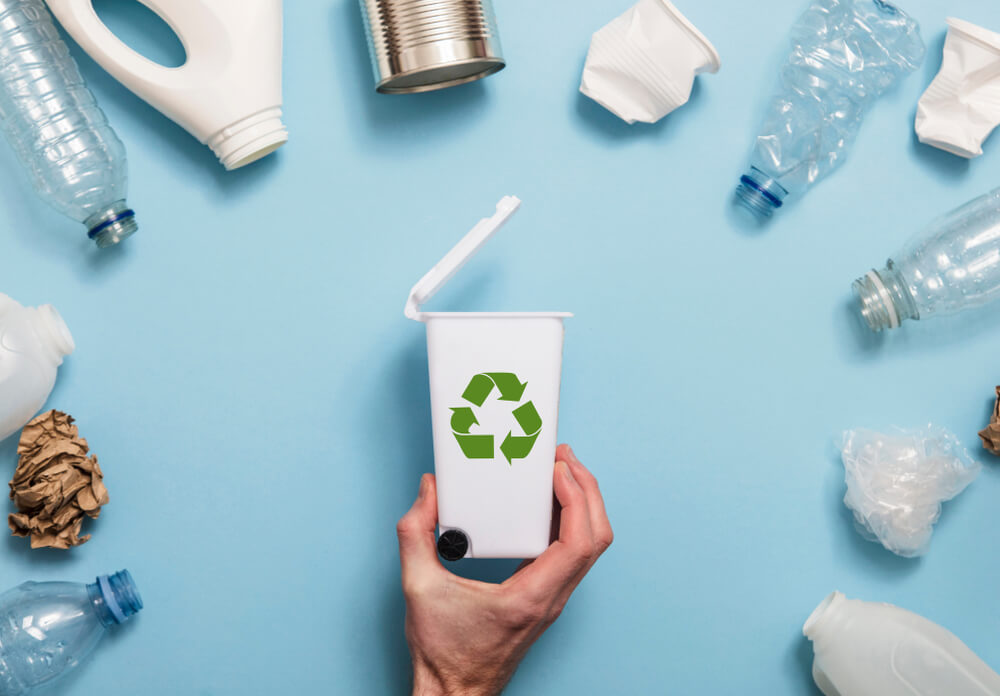In an age of environmental consciousness reaching new heights, the question at the back of many minds is, “Are recycled products cheaper?” It’s a fair question, especially for businesses and consumers looking to make eco-friendly choices without breaking the bank. In this blog post, we’ll explore the cost implications of recycled products compared to their non-recycled counterparts. We’ll also look at the factors that influence these costs and provide useful insights into making sustainable choices without sacrificing your budget.
The True Cost of Recycled Products
Before we answer whether recycled products are cheaper, it’s essential to understand the cost structure of recycled versus non-recycled products. Several factors contribute to the overall cost, including raw material sourcing, production processes, and market demand.
Raw Material Sourcing
One primary reason recycled products might sometimes be more expensive is the sourcing of raw materials. Collecting, sorting, and processing recyclables can be labor-intensive and require specialized equipment. In contrast, virgin materials are often cheaper to extract and process, especially in regions with low labor and regulatory costs.
Production Processes
The production processes for recycled materials can also be more complex. For instance, recycled plastic must be cleaned, melted, and reformed, which can involve multiple processing stages. Each step adds to the overall cost. However, technological advancements continually make these processes more efficient, potentially lowering costs.
Market Demand
Market demand plays a crucial role in determining the price of recycled products. High demand for eco-friendly products can drive up prices due to supply constraints. Conversely, economies of scale can help reduce costs as more companies adopt sustainable practices.
Are Recycled Products More Expensive?
It’s a common misconception that recycled products are always more expensive. While this can be true for certain items, such as specialized recycled plastics, other products may be cheaper or competitively priced.
However, the value of recycled products goes beyond price alone. Many recycled products offer significant added value through diversified offerings and the ability to source materials from anywhere in the world. With a focus on outstanding customer service, businesses can ensure they are making eco-friendly choices and receiving exceptional support that enhances their experience.

Examples of Cost-Effective Recycled Products
- Paper Products: Recycled paper is often cheaper than non-recycled paper, largely due to lower energy consumption during production.
- Aluminum Cans: Recycling aluminum saves up to 95% of the energy required to produce new aluminum, making recycled cans more cost-effective.
- Glass Bottles: Like aluminum, recycling glass is energy-efficient, lowering production costs.
Factors Influencing Costs
Several factors can influence whether recycled products are cheaper or more expensive:
- Technology: Continuous improvements in recycling technology can lower production costs.
- Government Incentives: Subsidies and tax incentives for using recycled materials can make them more affordable.
- Consumer Preferences: Increasing consumer demand for sustainable products can drive down costs through economies of scale.
The Role of Companies Like Tradepro
Tradepro, a leader in the recycled plastic industry, is dedicated to providing high-quality recycled raw materials with a focus on value-added services, including diverse product offerings and the ability to source globally. By leveraging advanced technology and a global network, Tradepro ensures businesses can achieve sustainability goals with outstanding service and support that goes beyond just pricing.
The Benefits of Choosing Recycled Products
Beyond the potential cost savings, there are numerous benefits to choosing recycled products. These benefits extend beyond individual consumers to businesses and the broader community.

Environmental Impact
Recycled products significantly reduce the need for virgin materials, conserving natural resources and reducing environmental degradation. For example, recycling one ton of paper can save 17 trees and 7,000 gallons of water.
Energy Savings
Recycling often requires less energy compared to producing new materials. This reduces greenhouse gas emissions and lowers production costs in the long run. For instance, producing recycled aluminum uses 95% less energy than making it from raw materials.
Corporate Social Responsibility (CSR)
Using recycled products can enhance businesses’ CSR profiles. Companies prioritizing sustainability can attract eco-conscious consumers and investors, ultimately driving business growth and profitability.
Supporting a Circular Economy
By choosing recycled products, consumers and businesses contribute to a circular economy where materials are reused and repurposed, reducing waste and promoting sustainability.
How to Make Cost-Effective Sustainable Choices
Making sustainable choices doesn’t have to come with a hefty price tag. Here are some practical tips to help you choose cost-effective recycled products:
Do Your Research
Investigate the cost and quality of recycled products before making a purchase. Look for reputable suppliers who offer competitive prices without compromising on quality.
Take Advantage of Incentives
Many governments offer incentives for businesses and consumers to use recycled products. These incentives can include tax breaks, grants, and subsidies. Take advantage of these opportunities to reduce costs.
Consider Long-Term Savings
While the upfront cost of recycled products might be higher in some cases, consider the long-term savings. Recycled products often have a longer lifespan and lower maintenance costs, providing better value over time.
Partner with Sustainable Suppliers
Working with suppliers like Tradepro can help you access high-quality recycled materials at competitive prices. Tradepro’s commitment to sustainability and cost-effectiveness ensures you don’t have to choose between environmental responsibility and affordability.
Tradepro, Your Trusted Partner
Are recycled products cheaper? The answer isn’t straightforward, as it depends on various factors, including raw material sourcing, production processes, and market demand. While some recycled products may be more expensive initially, others can be competitively priced or cheaper than their non-recycled counterparts.
Ultimately, the benefits of choosing recycled products extend beyond cost savings. By opting for recycled materials, you contribute to a more sustainable future, reduce environmental impact, and support a circular economy. Whether you’re a consumer or a business, making informed, sustainable choices can lead to long-term savings and a positive environmental footprint.
Ready to explore how recycled products can benefit your business? Contact us at Tradepro today and discover our range of high-quality, competitively priced recycled plastic raw materials. Let’s work together to make your sustainability goals a reality.

